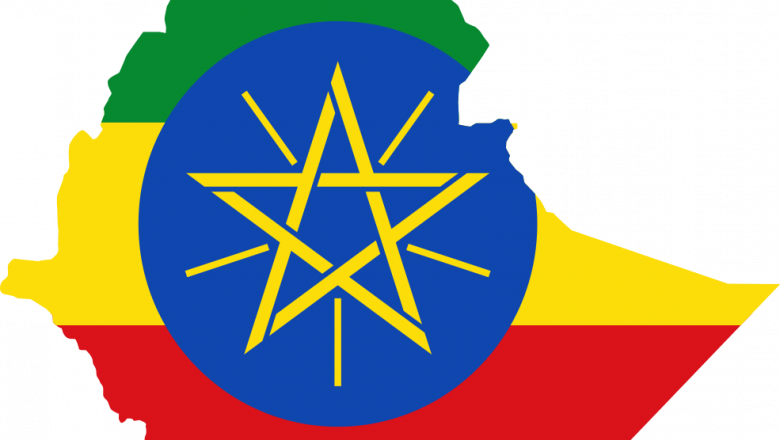Ethiopia doesn’t get the play it deserves on western media outlets. It’s the cradle of humanity—with “Lucy,” our famous hominid ancestor, once calling the area her home. Its Christian lineage dates all the way back to the first century AD, well before colonial missionaries spread throughout Africa. It’s one of the fastest growing economies in Africa, with the second highest increase in life expectancy in the entire world. And thanks to massive Chinese investments, major roads and cities have cropped up everywhere, transforming the landscape and the lives of the people in just a few short years.
Like most fast-growing countries, Ethiopia is “going green” out of necessity. It has the largest wind farm in Africa, and is currently constructing the largest hydroelectric power plant, and in the next few years, it’ll have the largest geothermal power plant, too. When power is unreliable, it pays to put your eggs in a lot of different baskets.
Ethiopia is also a land of small farmers, famous for growing the best coffee in the world, and a remarkable grain called teff, which is more sustainable, requires less land and is healthier than other “super foods,” like quinoa. All you health nuts should look out for it at Trader Joe's.
In other words, Ethiopia is happening. But happening to whom? As GDP rises and foreign investment grows, many Ethiopians are being displaced by ever-expanding cities, or drawn into a form of debt slavery to pay for expensive seeds. And since there isn’t any private property ownership, millions of people who have worked the same plots of land for generations are at the whim of this changing economy.
No one knows exactly what to expect, and that’s why I decided to come here. I’m Devin Greene, a George Washington University graduate and Planet Forward’s “Digital Media Guy.” And the questions I started asking myself as I walked through the capital city of Addis Ababa and the remote salt flats and sulfur mines of the Danakil Depression have implications far beyond Ethiopia, and far beyond Africa. They are questions we all need to ask ourselves in a globalized economy. How can people continue to feed themselves as livelihoods dry up and economies change? How does the price of coffee in Ethiopia affect a Starbucks in Washington, D.C.? How can massive inequality be addressed in a world that’s increasingly split between haves and have-nots? And how can the next great super powers build their wealth on a strong, sustainable foundation—not a gassy, crumbling, pile of coal?
Follow @pfexplorers on Twitter and Instagram, or like Planet Forward on Facebook, if you’re interested in finding out more. And start thinking about your next trip abroad, maybe you could bring a camera and be our next Planet Forward Explorer. Email info@planetforward.org if that sounds like you.
Sälam from Ethiopia!

